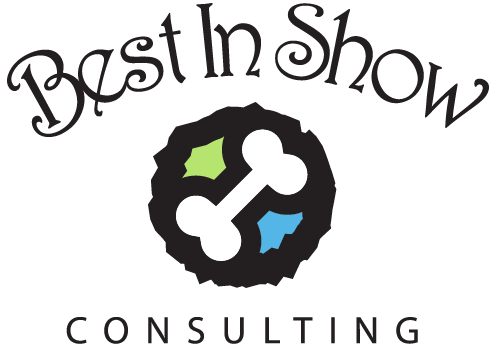How to Find Small Business-Friendly Banks…………Who’s Lending?
by Caron Beesley
Who’s lending? If you’re shopping for a business loan, here are some tips for finding a small business-friendly bank in your town.
1. Finding Lenders – Data Proves Community Banks Favor Small Business
If you’re in the market for credit, one good option is your community bank. Thanks to the Small Business Lending Fund program, part of the Small Business Jobs Act of 2010, community banks have increased their lending to small businesses across the country to the tune of $3.5 billion, blogs the U.S. Treasury. You can find a list of community banks that are upping their lending here.
Other sources of small business lending include this Banking Study from the SBA. It provides information on the lending activities of specific depository institutions by name, loan amounts and state. Keep in mind, though, that this study focuses on the 12-months ending in July 2011, and is not a current snapshot.
You can also refer to new online tools like BankingGrades.com (which measures loans in relation to deposits) or Enterpreneur.com’s Best Banks for Entrepreneurs.
Another initiative created by the Jobs Act to spur $15 billion in lending is the State Small Business Credit Initiative. Participating states – not all 50 participate – use federal funding from the Treasury Department for state-based programs to boost private lending to creditworthy small businesses and manufacturers in a variety of ways.
2. Seek Out Certified or Preferred Lenders for SBA Loans
If you’ve had trouble getting a loan in the past or your business may not qualify for a traditional business loan, an SBA-backed loan is another option. SBA does not lend business owners money directly; it provides a guarantee to banks and lenders for money they lend to small businesses. SBA backing mitigates the risk for banks and lenders and makes them more inclined to provide loans to small businesses who don’t qualify for traditional loans, often because of collateral.
If you are looking for an SBA loan, seek out a bank or credit union that has been through this process before or one that is a Preferred SBA Lender – in other words, a lender with a proven track record in processing and servicing SBA loans.
When seeking an SBA loan, it’s worthwhile talking to your local SBA office, Women’s Business Center Small Business Development Center or Veterans Business Outreach Center. All four can help provide advice about SBA loans.
3. Understand the Fundamentals of the Lending Process
Once you have your short list of commercial lenders, educate yourself about the fundamentals of business financing. Every bank will be interested in the viability of your business, its cash flow and collateral. For insight into what you will need to provide and discuss with your lender, refer to this traditional Business Loan Checklist or this SBA Loan Application Checklist.
SBA offers several free online courses about how business financing and SBA-guaranteed financing work. These self-paced courses take about 30 minutes.
4. Find a Lender that Fits your Business and your Needs
Your relationship with lenders can last many years, so it’s important to be comfortable with them, their business values and other banking/ financial services they can offer. Find out who the decision-makers are, how many people you will have to deal with, and if your bank offers regular one-on-one advisory sessions.
